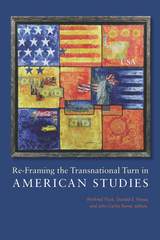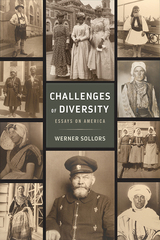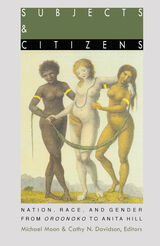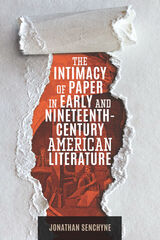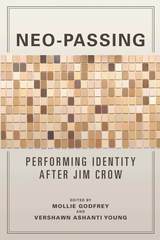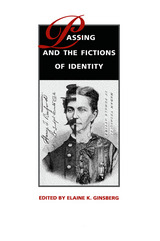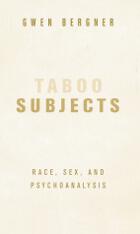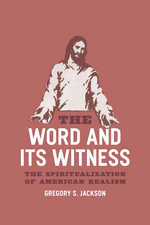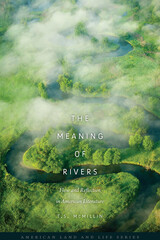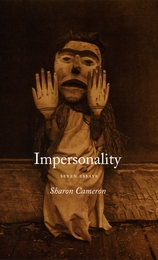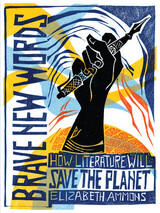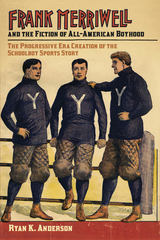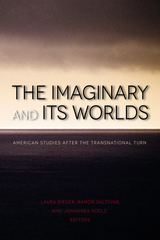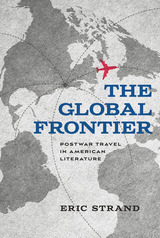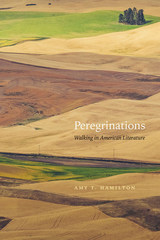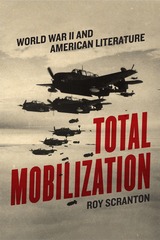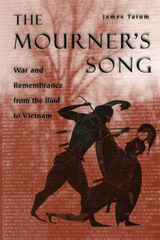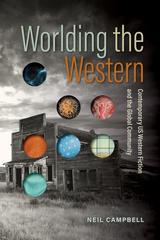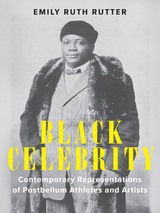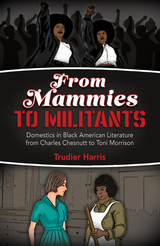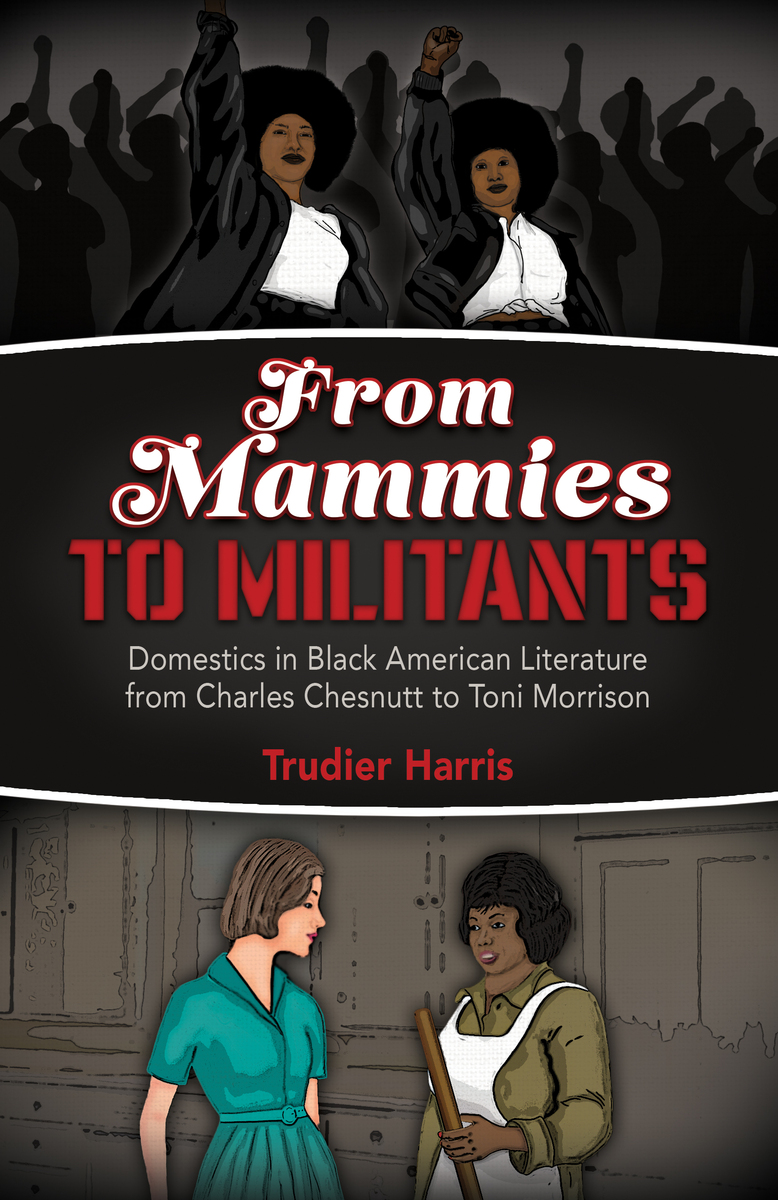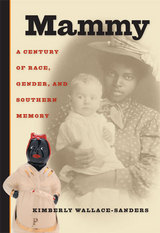Surviving Literary Suicide
University of Massachusetts Press, 1999
Paper: 978-1-55849-211-0
Library of Congress Classification PS169.S85B47 1999
Dewey Decimal Classification 810.9353
Paper: 978-1-55849-211-0
Library of Congress Classification PS169.S85B47 1999
Dewey Decimal Classification 810.9353
ABOUT THIS BOOK | AUTHOR BIOGRAPHY | REVIEWS
ABOUT THIS BOOK
An exploration of the relationship between literature and life, this study examines the effect on readers of "suicidal literature"—novels and poems that depict, and sometimes glorify, the act of suicide. Beginning with a discussion of the growing incidence of suicide in American culture, Jeffrey Berman investigates the portrayal of suicide in the works of four authors who later took their own lives—Virginia Woolf, Ernest Hemingway, Sylvia Plath, and Anne Sexton— and two who did not—Kate Chopin and William Styron. In each case Berman discusses the writer's shifting attitude toward suicide, the tendency of critics to romanticize fictional suicide, and the impact of writing about suicide on the artist's own life. At the same time, Berman draws on his experiences as a teacher of these writings, analyzing student reactions to "literary suicide" as recorded in class diaries—responses ranging from grief and confusion to anger and guilt. By looking at the connection between real and imagined suicide, Berman seeks to shed fresh light on a subject long enshrouded in silence, fear, and mystery.
See other books on: American literature | Berman, Jeffrey | History and criticism | Study and teaching | Suicide in literature
See other titles from University of Massachusetts Press

